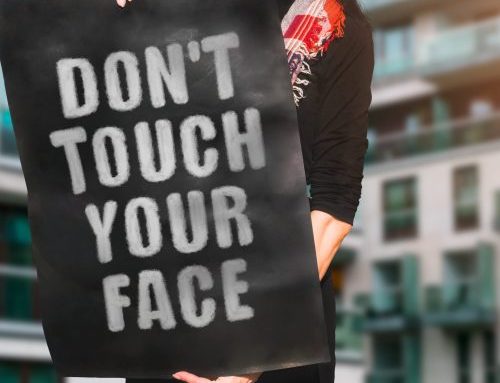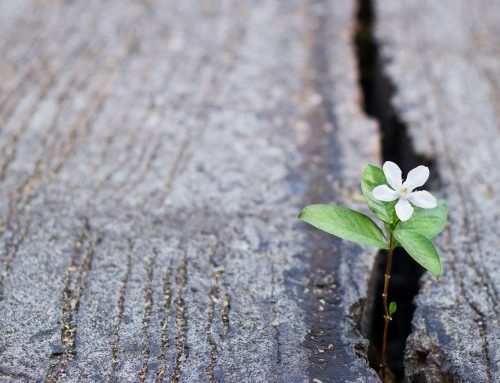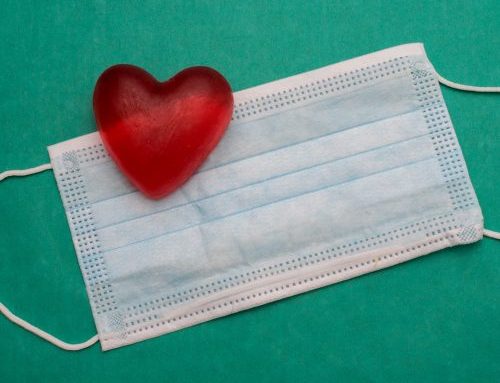A seemingly clear, sunny day is suddenly upended by a tornado-like storm churning up everything in its path. That’s what it’s like when unexpected pain hits us. With hindsight, you might now notice the minuscule signs before the weather abruptly changed – the wind picking up, that eerie sign creaking on its rusty hinges – but before the storm landed, you hadn’t gathered enough evidence, enough support, and you weren’t prepared for this blast.
If you’re reading this blog, you may know what I’m talking about. You know your storm, when it appeared and how long it lasted. But now, even after the rain stops and the winds calm, the wreckage surrounding you is almost worse than the wild chaos itself.
Different than the normal ebb and flow of life, with its regular aches and pains, delights and triumphs, a catastrophic situation sends us reeling to a place we’ve never really been to before. Doing life the way you did prior to this event no longer works after it has happened. We don’t eat food the same way, we go to work differently. Even more routine things, like feeling the sun on your skin or bathing morning or night, feel so deeply impacted and changed by the experience you’ve endured that everything becomes almost unfamiliar.
Whenever we have these things happen, events that have a clear before and after, I tell my clients they fit into a category with a simple label: trauma. It’s called trauma when we find ourselves unable to compute life in the way we used to prior to the incident. And when we experience trauma, we’re left wondering where to go from here. How can we ever be “normal” again? What can we possibly do to “heal” and move forward?
Right after a crisis, I like to tell the people I work with a few specific things to adjust right away. Here is that short list:
- Pare down. Our capacities almost immediately diminish when we go through something traumatic. We can’t do life business as usual anymore. While I don’t recommend to quit or abandon every commitment and crawl into a hole until you heal (because we don’t actually heal by avoiding the pain entirely), I do recommend to take responsibilities off your plate, especially those that you find yourself unable to do with relative ease. Decreasing work or school commitments, gaining assistance in parenting, or selectively choosing social outings are all examples of how this might look for you.
- Balance grief with relief. Sometimes, we need to take moments to cry, be upset, and grieve the loss we’ve just witnessed. No matter the experience, there is usually a deep sense of loss accompanying the incident. It could be the loss of innocence, the loss of a sacred relationship, or the loss of life (or something else entirely). Alongside this grieving process, it’s almost important to know when you need to take breaks processing and thinking about the event. Breaks in this new season might look like online or video games, binge-walking a show, getting a medication prescription, or having a nightly glass of wine. It’s a tricky line to walk here because you don’t want to create more harm in your efforts to find relief. Be intentional to choose activities that are not overtly detrimental to your physical health. And you have to be careful with how much. One glass of wine? Great. One case of wine? Not so great. Know yourself. Do you tend to avoid pain? Or can you slide easily into depression? If you avoid, make intentional efforts not to, and if you become easily intense, find times of lightness.
- Make the appointment. It might be with a therapist, a masseuse, an acupuncturist, or a medical doctor. The important point is that you need extra support to not just survive – but to heal – this season of pain. Don’t simply maintain that yearly appointment – increase it. You need to boost the experience of nurturance in your life so that you can repair what has been broken. Don’t keep walking with that limp. Take time to set the bone in order to learn how to walk again. You might have a different gait than before, but you won’t be walking with a permanent deformity if you take the time necessary to heal.
- Find your tribe. Sometimes, the hardest part of enduring traumatic events is the compounding loss of relationship on top of the experience itself. This happens for a number of reasons, but the important thing is that you search for individuals who can bear your pain without judging you or trying to fix it (which happens when people are unable to tolerate others’ distress). Find friends who can grieve with you and also laugh with you too. It’s often not the people closest to us that can give us the most comfort in these seasons, so cast the net widely to find people who might be able to show you kindness during this time.
This four-part list is clearly not exhaustive. It’s simply a good place to start. Sometimes, we need someone to give us permission to feel and be impacted by our life experiences, so here is your permission slip.
Let it change you. Let it seep into every part of your awareness. Don’t fight it. And makes moves to take care of yourself – rather than try to fix yourself or take the pain away. It’s ironic because once we embrace our seasons of suffering, we often find relief.
Tricia Ebel, M.A., LPC is driven to help others heal. If her words hit home to you, call (720) 489-8555 or click here to request an appointment.





